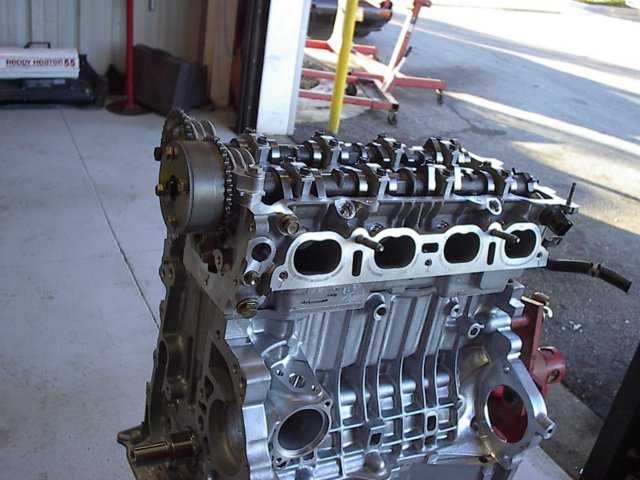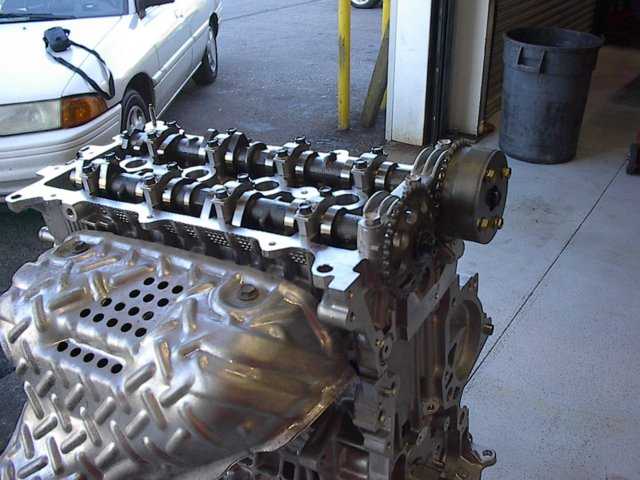Wow - lots o' words (and thinkin' too)!

My .99US$ (.65$ CAN)(Inflation):
The API performance specifications are minimalist. They really are.
But Amsoil should offer some common grades of FULL synthetic that are 100% compliant P and all. 5W-30 and 10W-30 come to mind. And use some Mo, too.
The 20W-50 et al who cares if those are API??
[ January 07, 2003, 04:07 PM: Message edited by: Pablo ]
My .99US$ (.65$ CAN)(Inflation):
The API performance specifications are minimalist. They really are.
But Amsoil should offer some common grades of FULL synthetic that are 100% compliant P and all. 5W-30 and 10W-30 come to mind. And use some Mo, too.
The 20W-50 et al who cares if those are API??
[ January 07, 2003, 04:07 PM: Message edited by: Pablo ]





